Women’s History Month: 14 Females Who Ran For President
Tipping our hats to those all
over the spectrum



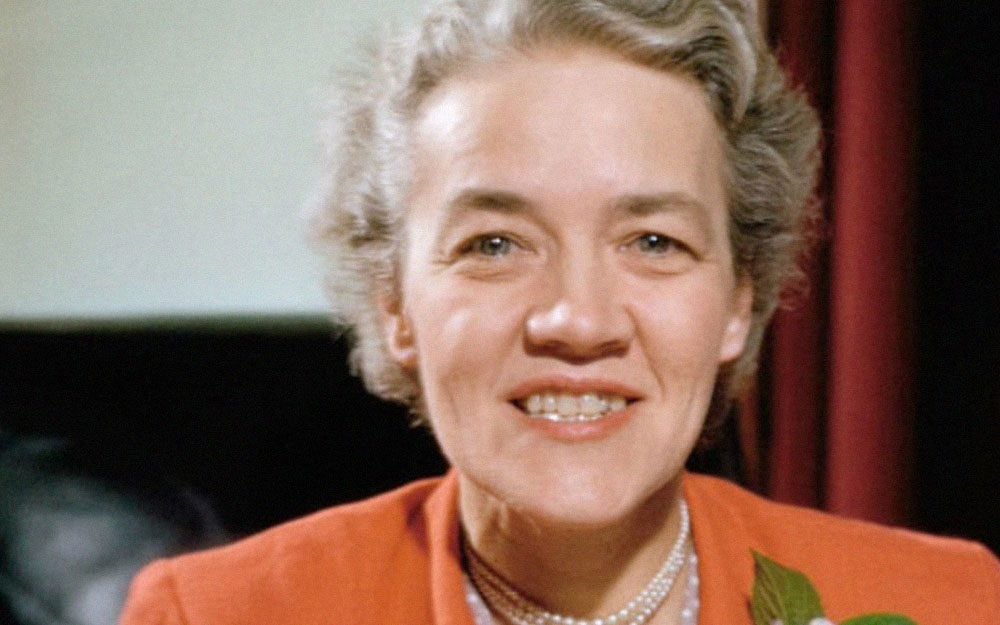
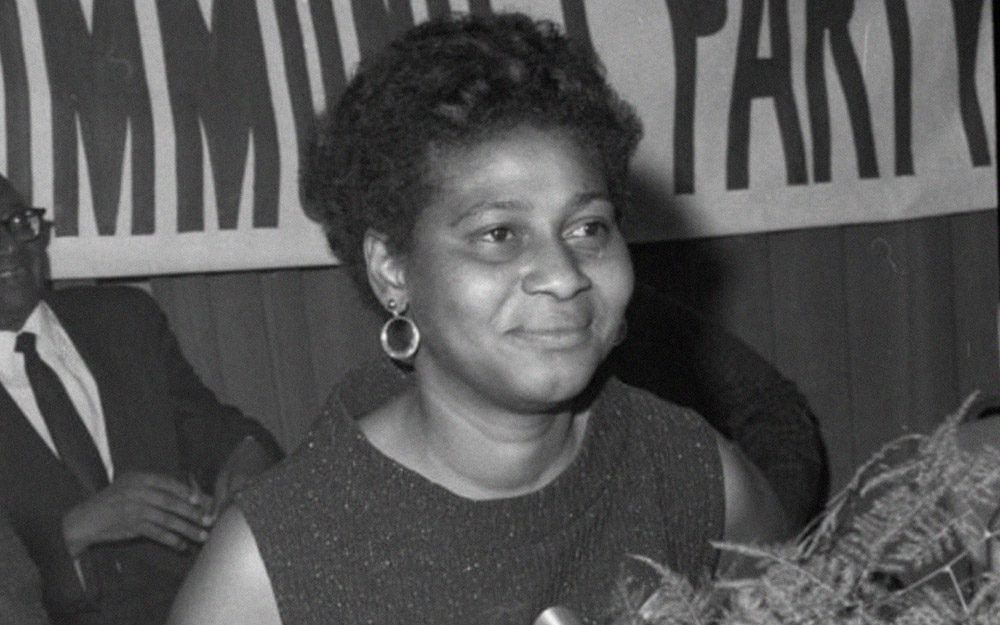
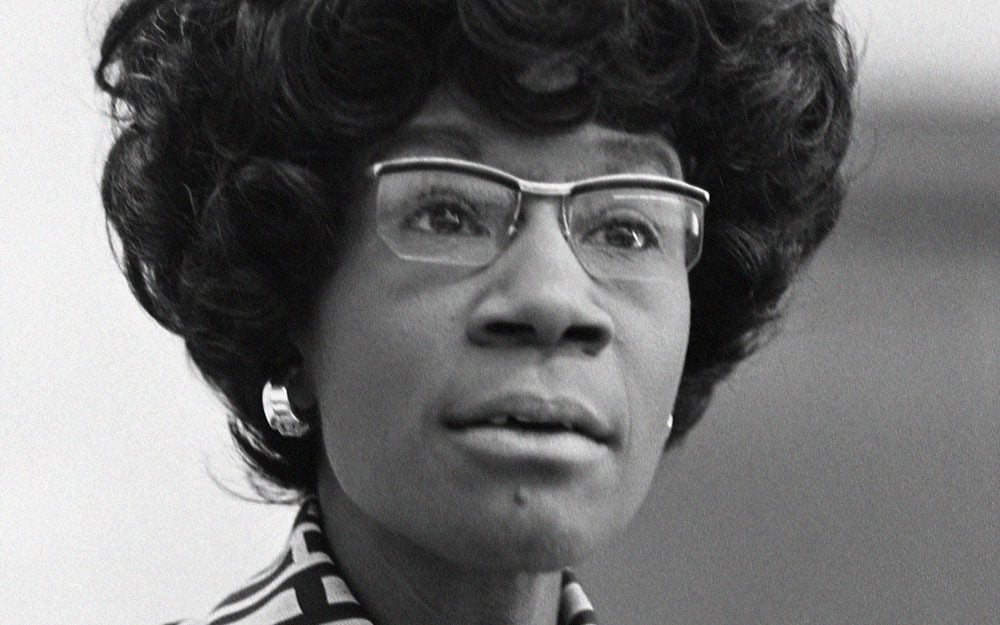






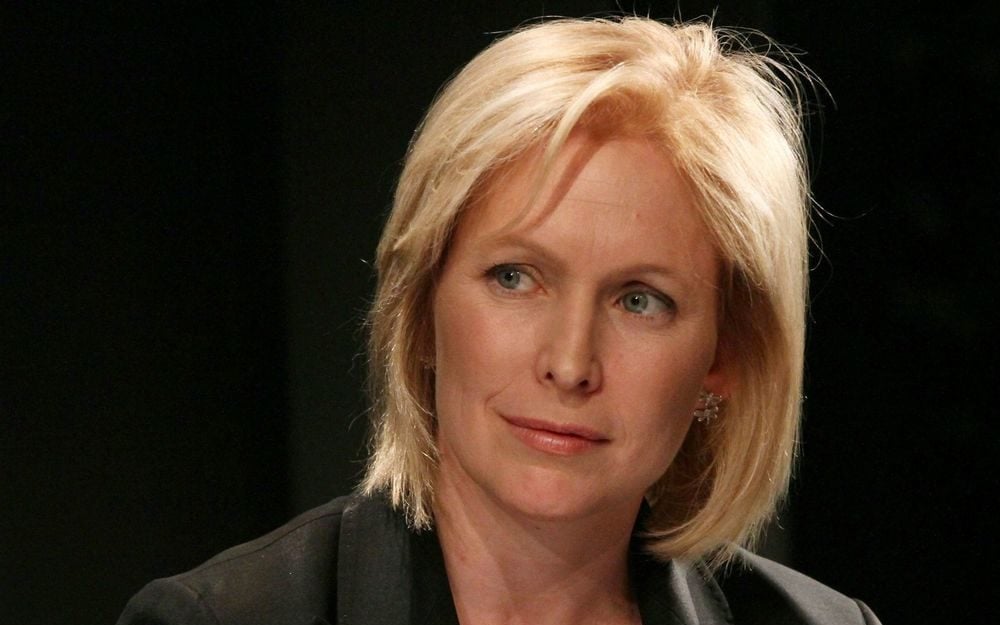

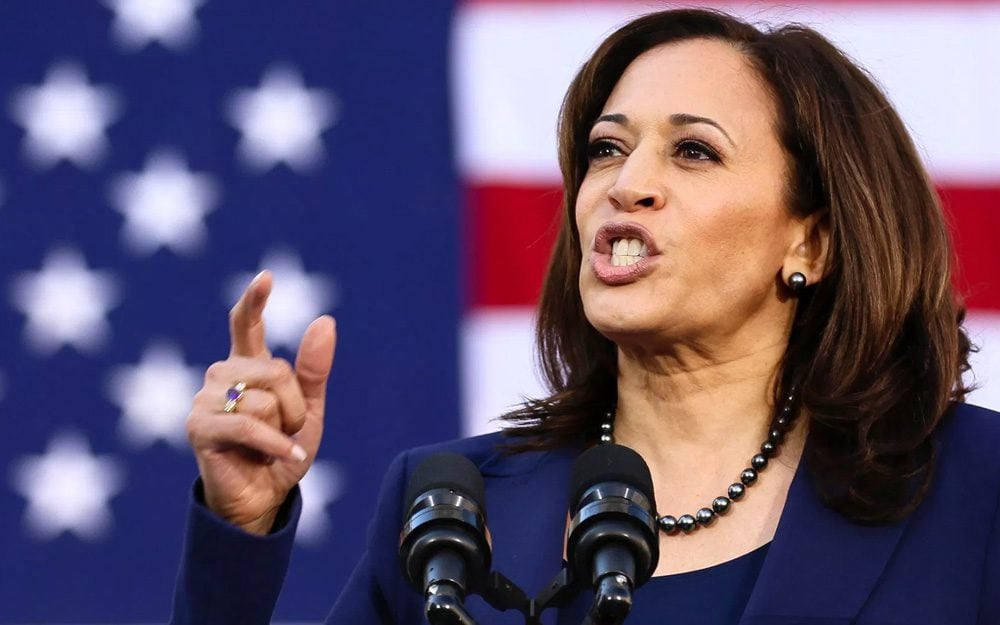
Election Year: 2020

Written by Hana Brannigan
Happy Women’s History Month.
To celebrate, we’d like to
recognize the extraordinary women who ran for president as part of U.S.
history. These select few span across all ends of the political spectrum, and
they date back way farther than Jill Stein or Hilliary Clinton.
Whether it’s WHM or
International Women’s Day, we encourage a gentlemanly shoutout to the ladies
who’ve worked 24/7 to shape the freedoms we have today. In addition, it also
wouldn’t hurt to impress your date with some of this knowledge.
Victoria Woodhull: First Woman
to Run for President

Election Year: 1872
Party: Equal Right’s Party
Core Campaign Message: Women’s
rights and labor reforms, “Free love” meaning liberty to marry and divorce,
equal rights for Black Americans
Before Running for President:
She was a leader in the Women’s Suffrage Movement, an author, and politician
Eventually Lost Presidency to:
Ulysses S. Grant, 18th president of the United States
Overall Major Accomplishments:
- Woodhull established the Equal Right’s Party, and her presidential running mate was Frederick Douglas
- She started the first woman-run stock brokerage company, with financial assistance from Cornelius Vanderbilt
- She published Woodhull and Claflin’s Weekly with her sister, a publication that was focused on birth control rights and free love
Belva Lockwood: First Woman to
Appear on Official Ballot

Election Year: 1884 and 1888
Party: Equal Right’s Party
Core Campaign Message: Women
and minority rights
Before Running for President:
She was an attorney, educator, politician, and author
Eventually Lost Presidency to:
Chester A. Arthur, 21st President of the
United States, and Grover Cleveland, 22nd and 24th President of the United
States
Overall Major Accomplishments:
- First woman attorney to be given the privilege to practice before the U.S. Supreme Court (she petitioned Congress for this)
- Lobbied a bill so female federal employees would get paid the same as male federal employees
- Helped represent a case for the Cherokees, winning them a $5 million reimbursement from the government
Margaret Chase Smith: First
Woman to Enter Nomination for a Major Party

Election Year: 1964
Party: Republican Party
Core Campaign Message:
Moderate Republican, Equal Rights for women
Before Running for President:
She was the Republican U.S. Representative and Senator for Maine, the first
woman to serve in both houses. She was also one of the first Republicans to
speak out against McCarthyism
Eventually Lost Presidency to:
Lyndon B. Johnson, 36th President of the United States; she lost the primaries
to Republican Senator Barry Goldwater
Overall Major Accomplishments:
- Served in the House and Senate, making her the first woman to serve in all chambers of Congress
- Longest-serving female Senator in history at that point (surpassed in 2011)
- Co-created the Equal Rights Amendment to improve the status of women in the military, which later won her the Presidential Medal of Freedom.
Charlene Mitchell: First
African American Woman to Run for President

Election Year: 1968
Party: Communist Party U.S.A.
Core Campaign Message:
International socialism, women’s rights, and civil rights
Before Running for President:
She was a political activist and an influential leader of the Communist Party
U.S.A.
Eventually Lost Presidency to:
Richard Nixon, 37th President of the United States
Overall Major Accomplishments:
- Although she only made it on two state ballots, she was the first African American woman to run for president
- She organized anti-segregation pickets and sit-ins since the age of 13
- Lead activism for Pan-Africanism, a movement aimed at strengthening the bond between all people of African descent around the world
Shirley Chisholm: First Black
Woman to Enter Nomination for a Major Party

Election Year: 1972
Party: Democratic Party
Core Campaign Message: Women’s
rights and civil rights
Before Running for President:
First Black woman nominated to Congress, New York Representative, educator,
author
Eventually Lost Presidency to:
Richard Nixon, 37th President of the United States; she lost the primaries to
George McGovern
Overall Major Accomplishments:
- First female African American elected into Congress, in which she ended up serving seven terms
- First African American nominated for a major national party, and the first woman to run for the Democratic Party
- Her autobiography, Unbought and Unbossed, became a Feminist mantra
- She was posthumously awarded the Presidential Medal of Freedom
Patsy Mink: First Minority
Woman Elected to Congress

Election Year: 1972
Party: Democratic Party
Core Campaign Message:
Anti-war, Education, Women’s Rights, Environmentalism
Before Running for President:
She was an attorney, U.S. Representative for Hawaii
Eventually Lost Presidency to:
Richard Nixon, 37th President of the United States; she lost the primaries to
George McGovern
Overall Major Accomplishments:
- First minority woman to be elected into Congress
- Served as president of Americans for Democratic Action
- Lead the Early Childhood Education Act, Women’s Education Equality Act, and the Higher Education Act
- She was posthumously awarded the Presidential Medal of Freedom from President Obama
Linda Jenness: Raised Issues
of Ballot Access Standards

Election Year: 1972
Party: Socialist Workers Party
Core Campaign Message:
Communism, solidarity work, and support for Cuba
Eventually Lost Presidency to:
Richard Nixon, 37th President of the United States
Jenness did not make it onto
the Georgia ballot because she was unable to collect enough signatures (her
party had less than 90,000 people). This historical controversy continues to
bring the issue of Georgia’s ballot access standards to the forefront. She was
31 at the time and continues to support the SWP today.
Lenora Fulani: First Woman to
Achieve Ballot Access in All 50 States

Election Year: 1988 and 1992
Party: New Alliance Party
Core Campaign Message: Racial
equality, gay rights, and political reform
Before Running for President:
She was a psychologist, psychotherapist, and political activist
Eventually Lost Presidency to:
Ronald Regan, 40th President of the United States, George H. W. Bush, 41st
President of the United States
Overall Major Accomplishments:
- She received the most votes for President among all female candidates throughout history, until Jull Stein in 2012.
- Led the formation of the Committee for a Unified Independent Party
- Plays a large role in the New York Institute for Social Therapy and Research
Jill Stein: Woman Who’s Won
Most General Election Votes in History

Election Year: 2012 and 2016
Party: Green Party
Core Campaign Message: Climate
change, health care reformation, human rights
Before Running for President:
She was a physician and environmental activist
Eventually Lost Presidency to:
Barack Obama, 44th Presdient of the United States, Donald Trump, 45th President
of the United States
Overall Major Accomplishments:
- An aggressive spokesperson for environmental issues, which got her arrested quite a few times:
- First Protesting foreclosures at a bank sit-in
- Then, trying to break into a presidential debate at Hofstra University, which excluded third parties
- Then again, delivering food and supplies to environmental activists
- And once more, spraypainting a bulldozer during a protest.
- Takes the title of the female candidate with the most general election votes in history
Hillary Clinton: First Woman
to Participate in Presidential Debates

Election Year: 2008 and 2016
Party: Democratic Party
Core Campaign Message:
Middle-class income reform, women’s rights, campaign finance reform, and the
Affordable Care Act reform
Before Running for President:
She was a U.S. Senator from New York, and First Lady of the United States
during Clinton’s term
Eventually Lost Presidency to:
Barack Obama, 44th Presdient of the United States, Donald Trump, 45th President
of the United States
Overall Major Accomplishments:
First woman to win the popular
vote
Aided in passing the Iran Nuclear
Deal
Elizabeth Warren: 2020
Candidate

Election Year: 2o2o
Party: Democratic Party
Core Campaign Message:
Progressive goals, consumer protection, economic opportunity, social safety net
Before Running for President:
She currently serves as a senior U.S. Senator from Massachusettes, and she was
a prominent scholar in bankruptcy law
Now Running against: Donald
Trump, 45th President of the United States
Kirsten Gillibrand: 2020
Candidate

Election Year: 2o2o
Party: Democratic Party
Core Campaign Message: Unity
between Democrats and Republicans, Women’s Rights, health care reform,
education, job training
Before Running for President:
She is a New York Lawmaker known for #MeToo advocacy
Now Running against: Donald
Trump, 45th President of the United States
Amy Klobuchar: 2020 Candidate

Election Year: 2o2o
Party: Democratic Party
Core Campaign Message:
Pragmatism, Moderate Democratic goals, keeping campaign promises
Before Running for President:
She was an attorney and currently serves as senior United States Senator from
Minnesota
Now Running against: Donald
Trump, 45th President of the United States
Kamala Harris: 2020 Candidate

Election Year: 2020
Party: Democratic
Core Campaign Message:
Affordable education and housing, Medicare for all, immigration rights,
middle-class tax cuts
Before Running for President:
She currently serves as the U.S. Senator from California. She was the District
Attorney for San Francisco and the General Attorney for California. Harris has
been a leader in local, state, and federal governments.
Now Running against: Donald
Trump, 45th President of the United States
So that’s the list so far.
It’s clear that women’s impact in politics has grown a lot in the last 148
years, and we wonder where it’s going in the next 100.
Hana Brannigan
SOURCE: THE GENTLEMANUAL
SOURCE: THE GENTLEMANUAL
Comments
Post a Comment